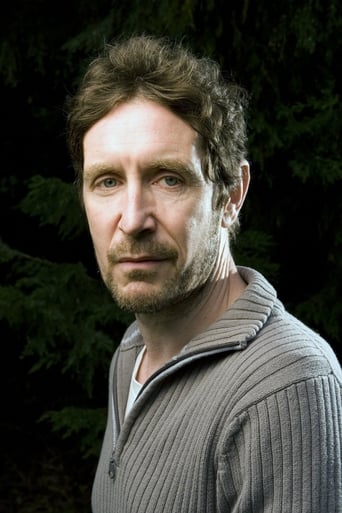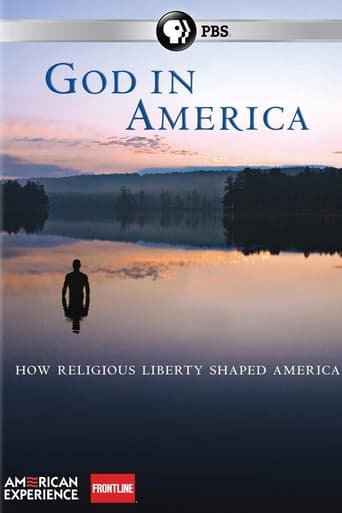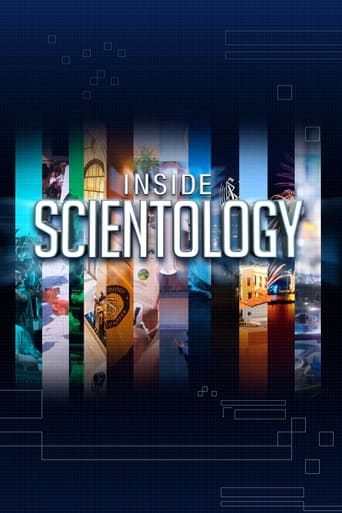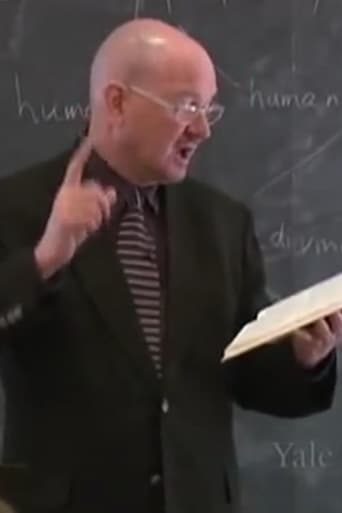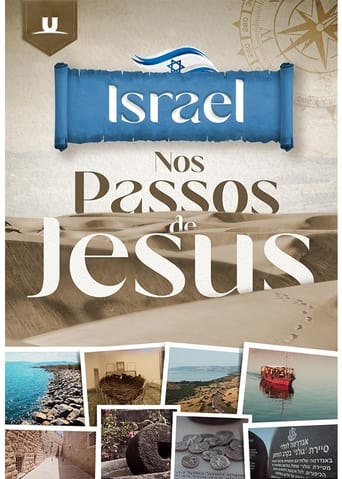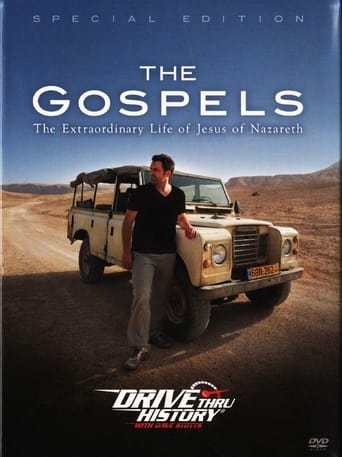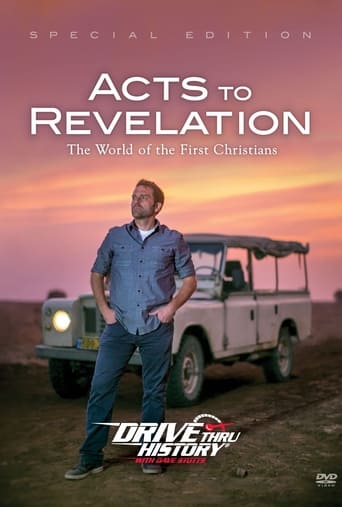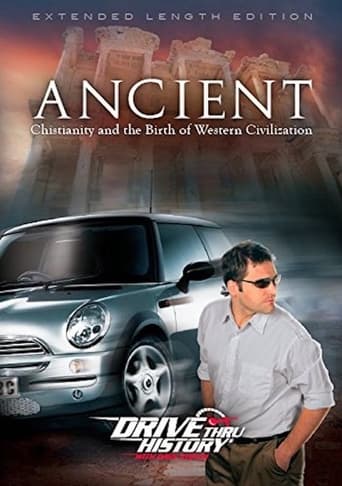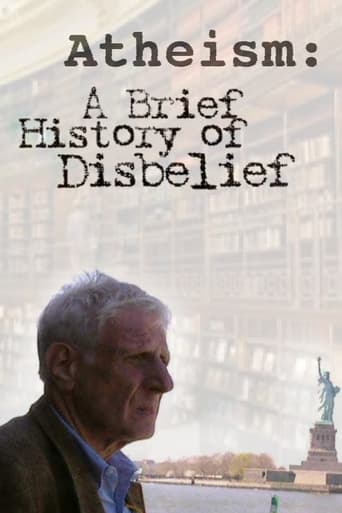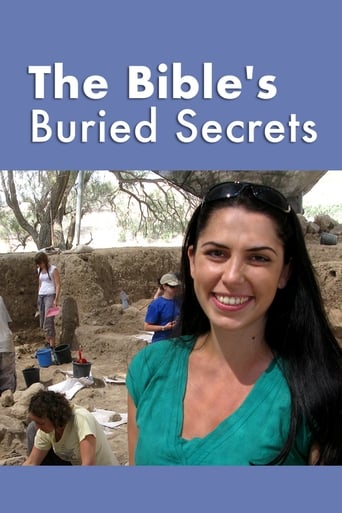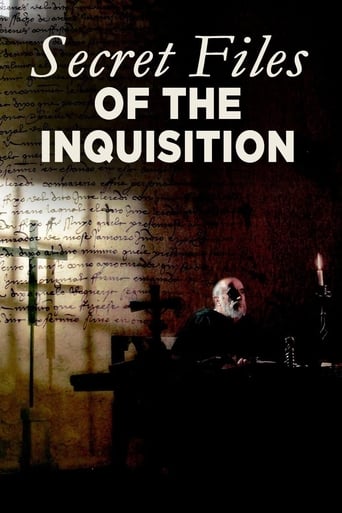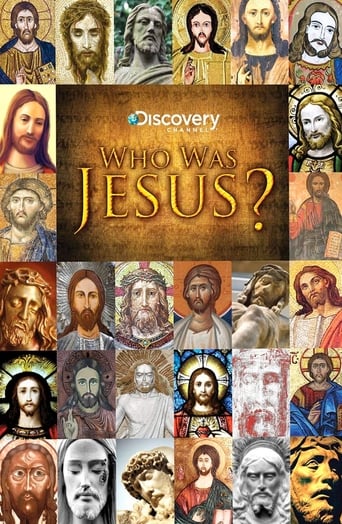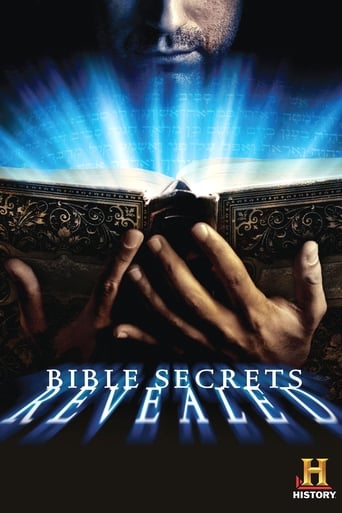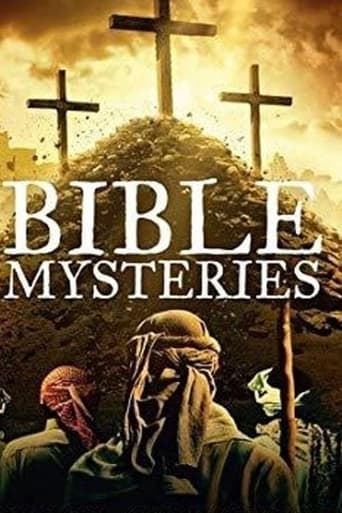
Bible Mysteries (2004)
A series of programmes exploring great figures and events from biblical times. Historical, archaeological and anthropological evidence gives fresh insights into the historical realities of the times. Stylish drama re-enactments, CGI graphics, and expert opinions offer a comprehensive exploration into some of the Bible's most compelling people and stories. Was Mary Magdalene really a prostitute? Where was St Peter laid to rest? Did Joseph actually have a 'coat of many colours'? Did Herod really order the massacre of the innocents? This series answers these questions and more.
Country: GB
Language: En
Runtime: 50
Season 1:

No trial or execution in history has had such a momentous outcome as that of Jesus in Roman occupied Jerusalem, 2000 years ago. But was it an execution or a judicial murder; and who was responsible? The Bible Mysteries programme focused on three suspects, Caiaphas, the Jewish High Priest; Pontius Pilate, the Roman governor; and, most surprisingly of all, Jesus himself.

Joshua and the walls of Jericho is one of the most violent stories of the Bible. An army of nomads emerges from the desert and destroys a heavily fortified city... not by force, but by faith. The story of how Joshua destroyed Jericho using only trumpets is one of the Bible's most memorable, and most dramatic.

The story of Joseph is one of the best known tales in the Bible. The events of Joseph's life are also found in the Torah and the Qur'an. Today it is perhaps most associated with the West End and Sunday school. Written down by scribes about 1000 years after the events supposedly took place, it is often thought that the story may have some historical tradition, but with a healthy portion of dramatic license. Egyptologists, however, have uncovered some intriguing evidence.

Mary Magdalene's story is intimately linked with Jesus. She plays a starring role in one of the most powerful and important scenes in the Gospels. When Jesus is crucified by the Romans, Mary Magdalene was there supporting him in his final terrifying moments and mourning his death. She also discovers the empty tomb, and she's a witness to the resurrection. She was there at the beginning of a movement that was going to transform the West. But the Mary Magdalene that lives in our memories is quite different. In art, she's often semi-naked, or an isolated hermit repenting for her sins in the wilderness: an outcast.

The legendary battle between the over-grown Philistine warrior Goliath and the humble shepherd boy David is an archetype which has resonance well beyond the Old Testament account. Whenever a lower division football club thwarts a premier squad in a giant-slaying encounter it is celebrated as a 'David and Goliath' event. The defiant courage of the underdog appeals to our deep-seated emotional need to witness the powerless turning the tables, for once, on the powerful.

The Romans appointed King Herod as King of Judea in 37 BC. Historians agree that, in many respects Herod had a hugely successful reign. King Herod an ethnically Arab but practicing Jew increased the land he governed from Palestine to parts of modern Jordan, Lebanon and Syria constructing fortresses, aqueducts and amphitheatres and earned him the title 'Herodes Magnus', Herod the Great.

Nobody knows for sure just how long Jesus' ministry, teaching and travelling throughout Israel, lasted. Some say three years others as little as one. That Christianity grew, after such a brief inception, into the world religion we know to today is testimony to the power of the message Jesus preached. But it is also due to a much simpler and often over-looked fact. He had more than a little help from his friends.

The Book of Revelation, the last book of the Bible, has fascinated and puzzled Christians for centuries. With its vivid imagery of disaster and suffering - the Battle of Armageddon, the Four Horsemen of the Apocalypse, the hideous Beast whose number is 666 - many have seen it as a map to the end of the world. Some say it predicts global warming, AIDS and even the Chernobyl nuclear disaster. But Biblical scholars, having studied the text and the social and political history of the time, have a different interpretation.

Peter is remembered by Christians as a saint; the fisherman who became the right-hand-man of Jesus himself, the leader of the early church and a Father of the faith. But how much of his fascinating story is true? How much do we know about the real Peter?


